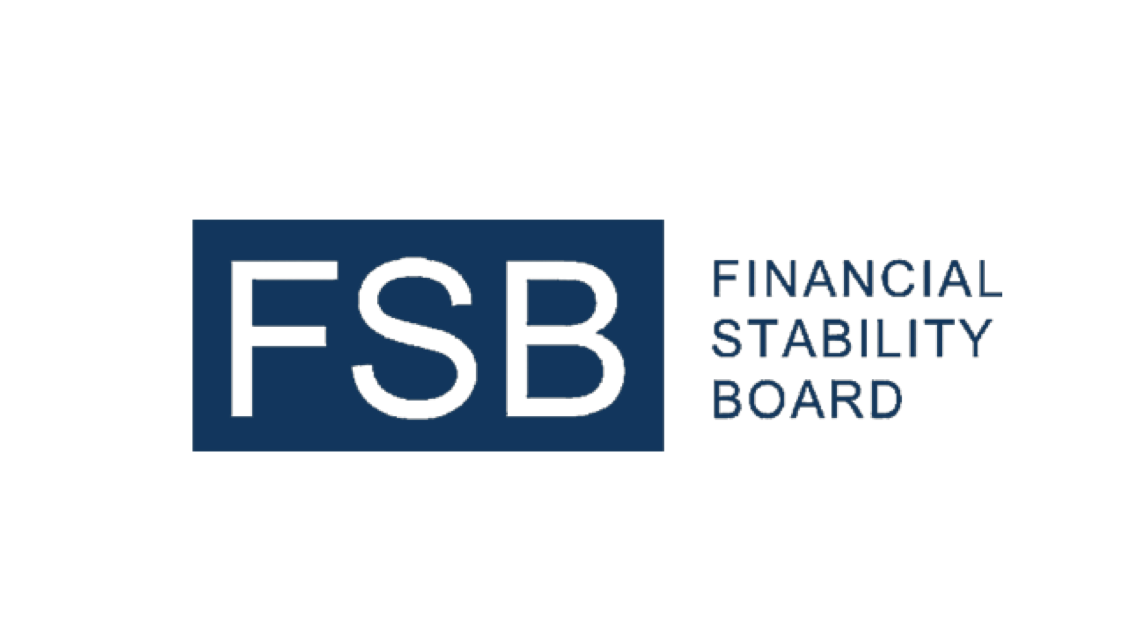
FSB Warns of Stablecoin Risks to Emerging Markets and Developing Economies
The Financial Stability Board (FSB) has released a new report highlighting the potential risks that global stablecoins (GSCs) pose to emerging markets and developing economies (EMDEs). The paper, titled “Cross-border Regulatory and Supervisory Issues of Global Stablecoin Arrangements in EMDEs,” was published on July 23, 2024, and focuses on the challenges these economies face with the increasing adoption of foreign currency-pegged stablecoins.
The FSB argues that EMDEs may be particularly vulnerable to macro-financial risks arising from the use of foreign currency-pegged stablecoins. These risks include the potential destabilization of financial flows and increased strain on fiscal resources. The report also points out broader concerns related to financial integrity, illicit finance, data privacy, cybersecurity, and consumer protection.
One key issue highlighted in the report is that a stablecoin may become systemically important in an EMDE before reaching the threshold for systemic importance in its country of issuance. This situation could leave EMDE authorities without adequate tools to regulate foreign-issued stablecoins that have already become systemic within their jurisdictions.
The FSB’s analysis suggests a higher level of interest in stablecoin activities in emerging and developing markets compared to advanced economies. This trend is attributed to factors such as high inflation, currency devaluation, and the perceived benefits of using USD-pegged stablecoins as a store of value.
To address these risks, the FSB recommends implementing its ‘High-level Recommendations for the Regulation, Supervision and Oversight of Global Stablecoin Arrangements.’ These recommendations advocate for a “same activity, same risk, same regulation” approach and emphasize the need for issuers to provide users with legal claims for prompt redemption.
The report also suggests additional measures for EMDEs, including technical assistance, addressing data gaps, improving digital payments infrastructure, and implementing regulatory sandboxes. The FSB stresses the importance of cross-border cooperation and information-sharing among both advanced and emerging market authorities to effectively supervise and regulate stablecoins.
As the stablecoin market continues to evolve, with the current dominance of USD-pegged stablecoins like Tether (USDT) and USD Coin (USDC), the FSB emphasizes the need for ongoing research and monitoring of the issue. The organization has committed to exploring whether additional initiatives are needed to strengthen international cooperation in addressing the challenges identified in the report.





